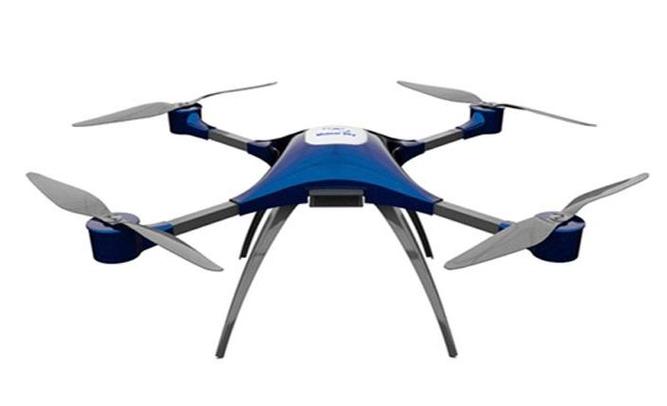Drones have rapidly become an integral part of various industries and personal hobbies, transforming the way people capture aerial footage, conduct research, and deliver packages. However, with the growing popularity of drone technology, the importance of comprehensive training and certification has increased significantly. Obtaining a trust certificate for drone operation is crucial for ensuring safe and responsible usage. This certificate not only validates your knowledge and skills but also reassures clients, employers, and regulatory bodies of your competency in managing drone operations effectively.
Understanding the Trust Certificate for Drone Operations
The trust certificate serves as a testament to a drone operator’s understanding of safety protocols, aviation regulations, and environmental considerations. It is a pivotal credential for anyone who wishes to operate drones professionally or even for recreation in specific areas. The certification process typically includes technical training, exam-based evaluations, and practical assessments to ensure thorough proficiency.
Why is Drone Certification Important?
Drone certification has become a necessity due to the increased use of these devices in commercial, scientific, and recreational activities. An operator equipped with a trust certificate is better prepared to handle unforeseen challenges during flight operations, such as navigating through restricted airspace or coping with adverse weather conditions. Moreover, certification ensures adherence to national and local aviation laws, preventing legal contraventions that could result in fines and penalties.
For commercial drone pilots, having a trust certificate can significantly elevate career prospects by showcasing a commitment to professionalism and capability. Businesses and industry clients often demand certified operators as part of risk management and safety assurance practices. Additionally, for recreational drone users, certification helps promote thoughtful engagement with the surrounding environment and enhances overall flying satisfaction.
- Skill Validation: A trust certificate verifies that the operator possesses the necessary skills and knowledge for safe drone operation.
- Regulatory Compliance: Certification ensures that operators are well-versed in aviation laws and comply with regulations.
- Client Assurance: Certified operators provide peace of mind to clients and employers through proven expertise.

How to Earn Your Trust Certificate for Drone Usage
Obtaining a trust certificate involves comprehensive education and evaluation. Prospective drone operators typically begin by enrolling in accredited training programs that cover various aspects of drone flight and management. These courses often entail modules on risk assessment, flight planning, emergency handling, and technical maintenance.
Upon completing the coursework, candidates must pass a written examination designed to assess their understanding of drone-related concepts and regulations. Some certification paths require demonstrating practical flight capabilities, which may include simulated test scenarios or supervised drone operation.

The Future of Drone Certification
The demand for certified drone operators is expected to rise as the integration of drones in commercial and personal spaces continues to grow. With new applications emerging, including drone deliveries, precision agriculture, and emergency services, the need for skillful and responsible operators becomes more imperative. Consequently, trust certificates will gain significance as a standard of proficiency, ensuring that drone operations contribute positively to technological advancements and societal benefits.
Frequently Asked Questions (FAQ)
Q: Do all drone operators need a trust certificate?
A: Not all operators are mandated to have a certificate. However, individuals engaging in professional drone activities or flying in regulated areas are often required to obtain certification.
Q: How long does the certification process typically take?
A: The duration varies depending on the training program and the existing knowledge level of the candidate. Most programs can be completed in a few weeks to several months.
Q: Is recertification necessary?
A: Many certification programs recommend periodic recertification to keep up with evolving technologies and regulations. This ensures that operators remain informed and proficient in their practices.